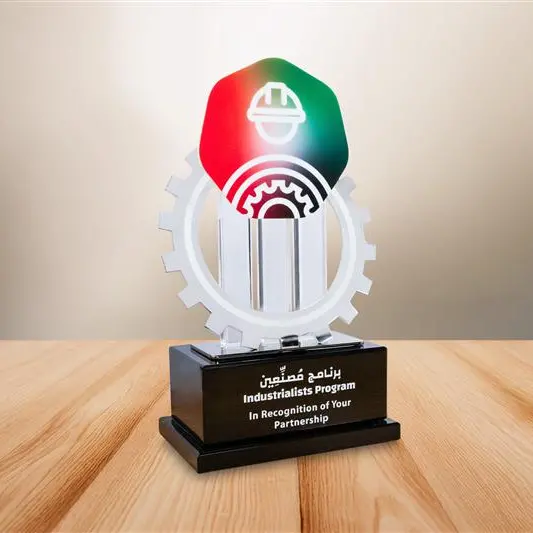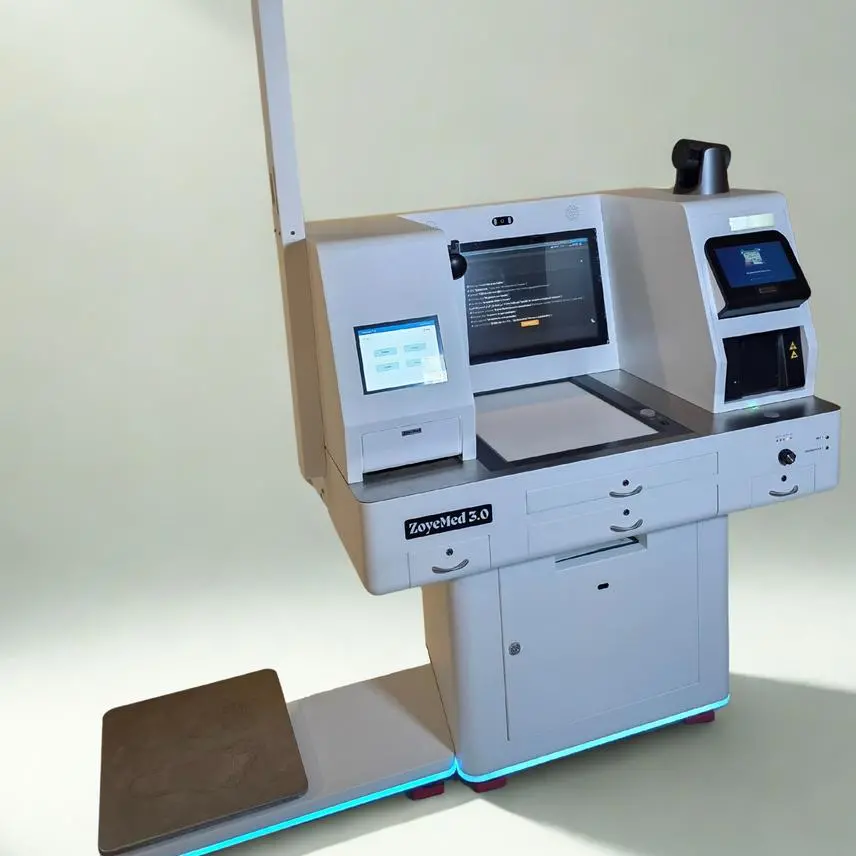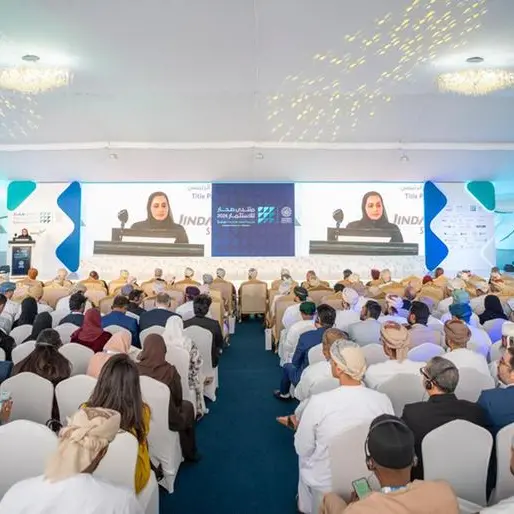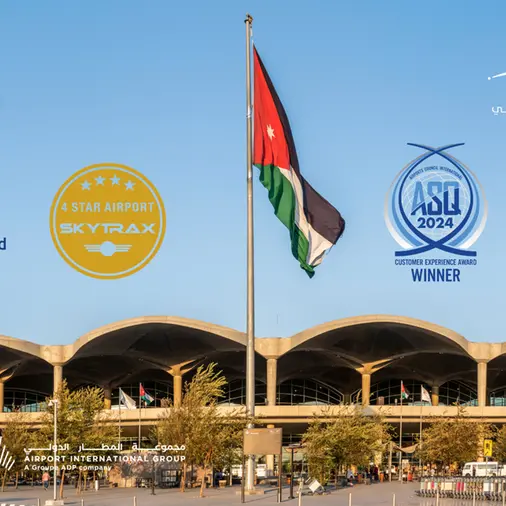In line with the aspiration towards achieving sustainable, safe and smart road networks in the Sultanate, Smart Road Technologies Seminar took place yesterday at Grand Hyatt Muscat under the auspices of H.E. Eng. Salim bin Mohammed Al Nuaimi, Undersecretary for Transport, Ministry of Transport and Communications.
Delivering his remarks, Hilal bin Hamad Al Hasani, CEO of Public Establishment for Industrial Estates (PEIE), emphasised that smart road technologies and related applications hold great importance in the current stage as they ensure promoting traffic safety concepts and improving the operational performance of transportation lines in the Sultanate. "These technologies play a vibrant role in reducing congestion, easing traffic, providing multiple environmental benefits, and increasing overall productivity, which leads to economic and employment growth," he noted.
Al Hasani added, "The seminar, which is organised by Knowledge Oasis Muscat (KOM), the technical arm of PEIE, in cooperation with Royal Oman Police (ROP) and Industrial Innovation Centre (IIC), aims at addressing the development of data strategies and analysis to provide better intelligence for the improvement of safety for road users; innovative and effective ways to increase pedestrian safety; and advancements and challenges in the implementation of smart road systems."
The seminar was moderated by Dr. Abdullah bin Mohammed Al Zakwani, executive director of IIC, while Eng. Captain Mohammed Al Khayari of the Royal Oman Police (ROP), Dr. Wahid Al Kharusi, Chairperson of Oman Road Safety Association, Darren Divall, principal consultant at UK's Transport Research Laboratory (TRL), and Solomon Alexis, principal lecturer at the University of East London, spoke during the event.
The event discussed the development of transportation systems, which lies not only in the construction of new roads or renovating the infrastructure but goes beyond that to include the use of information technology to advance these systems linking elements within the road system -- vehicles, roads, traffic lights, message signs, among others -- to be intelligent through embedding them with microchips and sensors and enabling them to communicate with each other via wireless technologies.
High-tech future
Speaking at the seminar, Eng. Captain Mohammed Al Khayari of the Royal Oman Police (ROP) said Oman is witnessing rapid growth in road networks as a result of human growth and urban and tourism development, which makes it imperative for stakeholders to implement roads in the Sultanate taking into consideration the introduction of these technologies. "We will witness a high-tech future especially in this field. These technologies will play a significant role in reducing traffic accidents, for instance drivers can be noticed on the existence of a malfunction in the road for any reason that may cause accidents. This can be done through sending a message to passing cars in a particular spot. Besides, certain technology means can adjust the speed of vehicles in a particular spot to a certain speed according to the road conditions, such as vehicle density, visibility level and weather conditions,"
"Furthermore, certain technologies can activate interaction between vehicles and road equipment which can eventually avoid errors of drivers that may cause accidents, besides there are technologies which help drivers identify the passable and less crowded roads, and thus reduce the probability of accidents," Al Khayari pointed out.
Accidents Reduction
Dr. Wahid Al Kharusi, Chairperson of Oman Road Safety Association, hopes that smart technologies can be utilised in educating and empowering the road users on the ethics of driving, and the responsibilities for the others, advocate for safety and accountability, and supporting the integrity of the safety of the vehicle, occupants and other road users through ensuring the acceptable standards. "Certain technologies can play a role in reducing the number of accidents that occur on the Sultanate's roads through relaying positive messages for road safety advocacy, awareness, education and capacity building. We need to stop repetitive negative messages that no longer work," Al Kharusi noted.
On the challenges faced in implementing smart road systems, Al Kharusi stated that the challenges include the acceptability of any new innovation, and the threat of its commercialisation, in addition to technology approval and endorsement which take time prior to its implementation for safety standards.
Modern Technologies
Darren Divall, principal consultant at TRL, believes that Oman's executive regulations reflect the modern safety technologies that are now entering the Sultanate's road network. "The vehicle fleet in Oman is equipped with modern safety technologies, for example seat belts and child restraint systems. Enhanced legislation is required to make the use of these devices compulsory in all seating positions. In terms of the highway, my vision would be that technology is used effectively to minimize road death and injury and efficiently manage the road network to ensure the free flow of traffic," Divall pointed out.
For the Sultanate, Divall aspires to see a road network that uses modern technologies that enable relevant stakeholders to understand traffic flow, measure speed, efficiently collect and analyse crash data and manage incidents. "The type of technologies that could enable this are already available such as CCTV, GIS tracking systems and smart mobile phone technology. All of these can enable 'real time' data exchange to monitor traffic flow and diversion routing. To improve safety on the road, technology on the road does not have to be complicated; it is how we use it that is most important. Using these types of technology facilitates the creation of a robust evidence base in which road safety stakeholders can utilise to identify, develop, implement and monitor casualty reduction interventions," he added.
When asked on obstacles that may be faced in implementing smart road systems in Oman, Divall had this to say, "The biggest issue that I am aware of is the public's perception of this type of technology and how it can be used. For example, the use of CCTV in Oman to monitor traffic flows and incidents would not, in my opinion, be welcomed. Road safety and highway management campaigns are required that would raise awareness of the need for this type of technology amongst road users. In fact, campaigns should aim to change the mindset of road users through education, trial or pilot projects and by listening to the concerns of the population. Road users will need to be assured that this technology assists in the reduction of road crashes, facilitates the free flow of traffic and offers safety and security to themselves and others, without infringing on their rights. This is not something that can be achieved overnight."
He added, "I hope that Smart Road Technologies Seminar will begin the process of raising awareness to stakeholders of the types of simple and readily available technologies that can assist in increasing safety on the road through the creation of a robust evidence base, the identification of road safety interventions and the effective management of traffic."
Predictive Technology
Commenting on the smart road technologies, Solomon Alexis, principal lecturer at the University of East London said, "As with any new or introduced technology the key is adoption, maintenance and usage. Predictive technology has the ability to reduce road accidents, improve drive confidence and at the same way create a cultural change in driving habits."
"The Sultanate can take advantage of new technologies such as GPS combined with Radio Data System - Traffic Message Channel that delivers real time traffic information to navigation devices. Also, the use of composite mats which uses natural materials could be used in the construction of temporary roads especially those needed where major constructions are taking place. On the major roads use could also be made of reflective road paints which will greatly increase visibility during dark nights," Alexis mentioned.
This seminar was held as part of the Digital Nation series of seminars organised by Knowledge Oasis Muscat (KOM), which endeavour to shed light on the recent and most advanced technologies in the ICT sector and the industry in general, by bringing together creative professionals, business leaders, techies and students to discuss the emergence, challenges, opportunities and implications of the digital nation.
© Press Release 2013



















